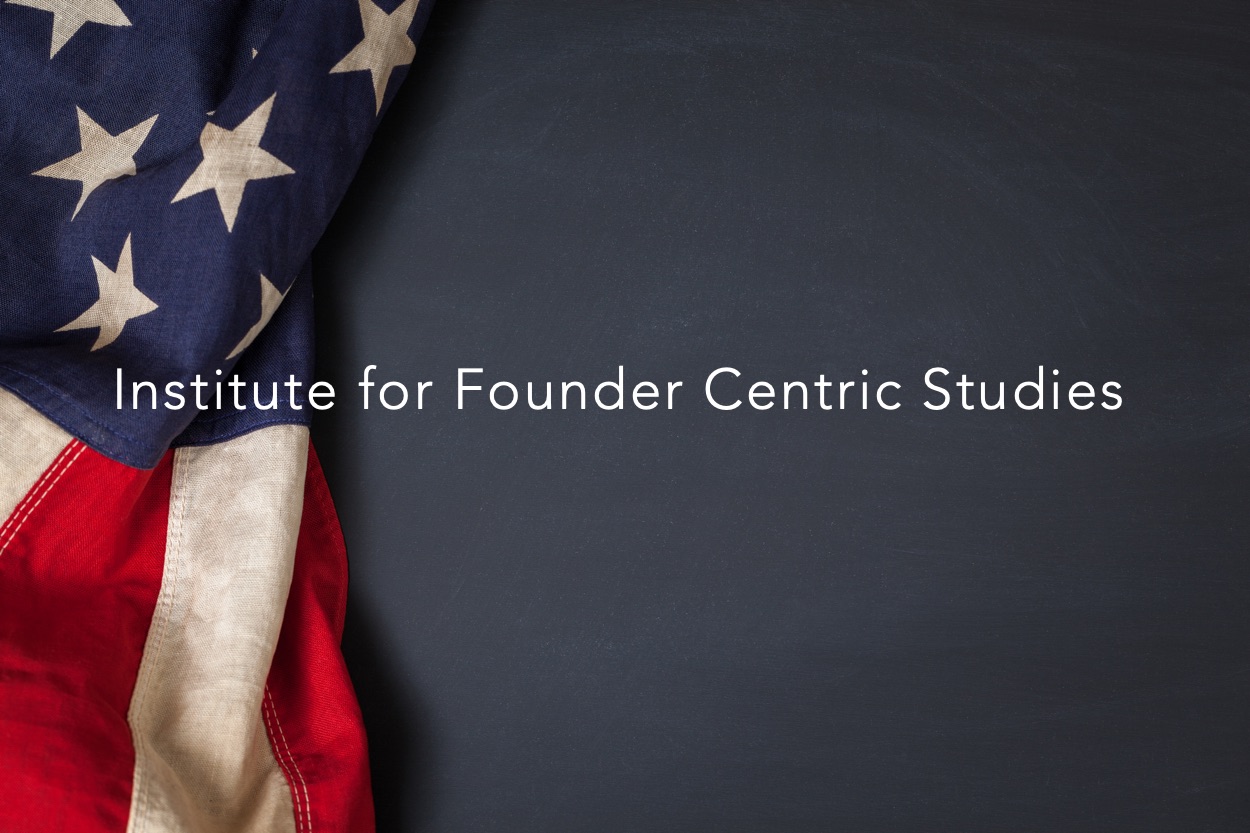Author – Scott Kupor, managing partner at Andreessen Horowitz
A fight is raging between chief executives and big investors over “dual” (or multi) class share structures, which give disproportionate voting rights to corporate founders and leaders at companies including Google, Facebook, Dropbox, and Snap.
Nearly a quarter of the global market capitalization of dual-class stocks is in the high-growth tech sector. And even though only one in five initial public offerings in 2017 were dual-class they outperformed all IPOs by about 500 basis points.
When this is coupled with the trend of startups staying private longer and going public at much higher valuations, retail investors face a double hit. Not only does more of the appreciation in stocks go to private investors but, when those companies do go public, they increasingly use dual-class shares. In 2017, 25 percent of IPOs had dual-class shares, up from 1 percent in 2005.
Tech companies argue they need strong founder control to allow long product development cycles to mature.
Rote adherence to a one-vote-per-share rule comes at the expense of the broad principle of equality. Depriving ordinary people of potential gains from long-term stock market investing will not help level the playing field.
Read the full article here.
Scott Kupor is the managing partner at Andreessen Horowitz where he is responsible for all operational aspects of running the firm. He has been with the firm since its inception in 2009 and has overseen its rapid growth, from three employees to 150+ and from $300 million in assets under management to more than $7 billion.
Founded in 2009 by Marc Andreessen and Ben Horowitz, Andreessen Horowitz (known as "a16z") is a venture capital firm in Silicon Valley, California that backs bold entrepreneurs building the future through technology. We are stage agnostic: We invest in seed to late-stage companies, and both consumer and enterprise technology companies. To date, a16z has raised $7.1B, across seven funds, including the $650M Bio funds.

